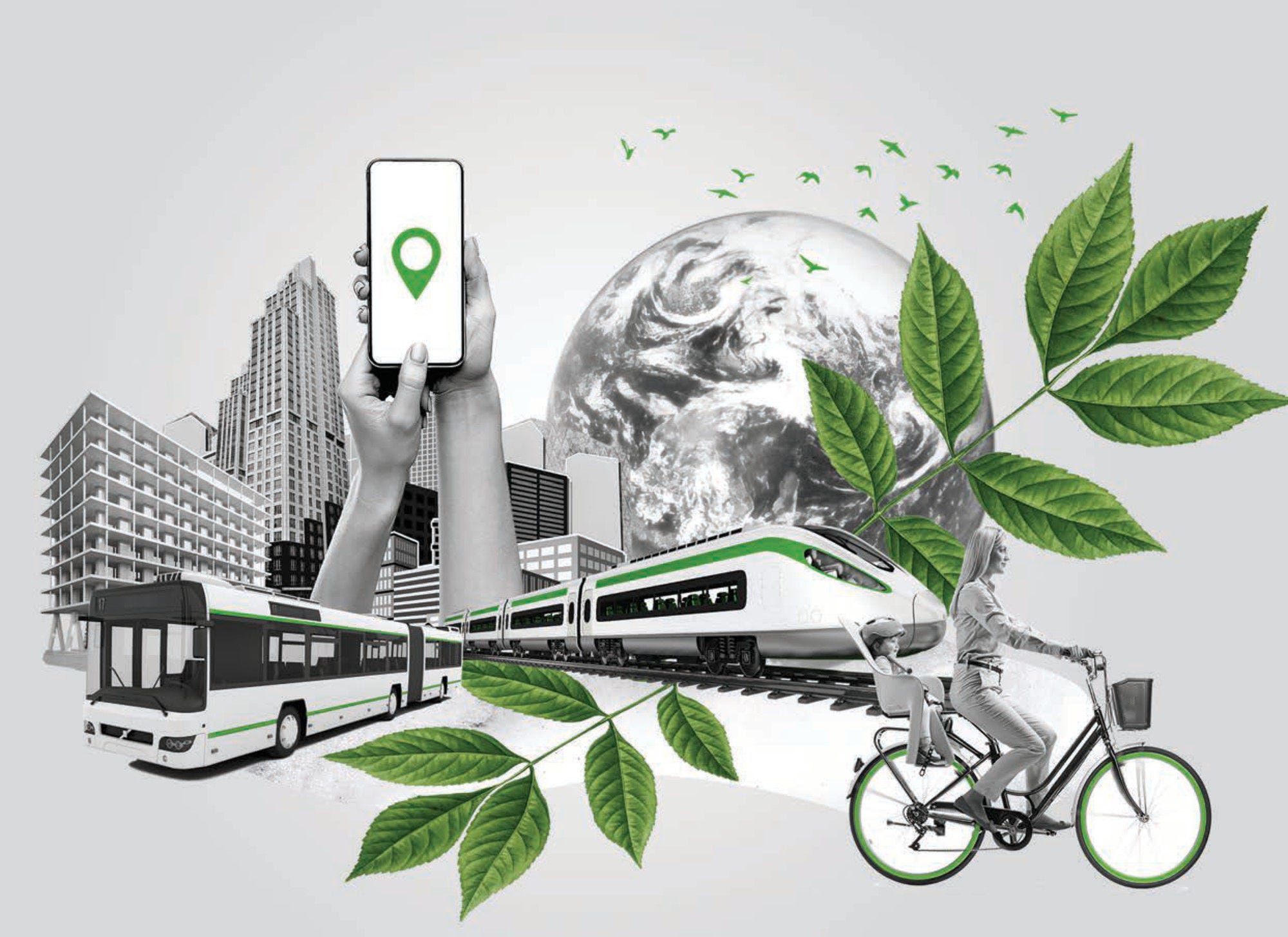The Covid-19 pandemic has dramatically affected our daily lives and challenged the way we work, travel and live. It has created unprecedented challenges not least to the transport sector, with unheard-of limitations to the movement of people and goods.
At the same time, the pandemic has underscored and brought to universal attention the critical role the transport sector plays in ensuring the safe and timely delivery of vital goods and movement of essential workers to continue providing the services that our societies cannot function without.
How the pandemic will change the mobility of people and the transport of goods over the longer term is still very much uncertain. Governments are stepping in with force to mitigate the havoc it has wrought for public transport, aviation, rail and many other services that in normal times ensure the smooth movement of people and goods.
A quick recovery is firmly in our crosshairs at the moment, and rightly so. Yet we must not lose sight of our vision for transport’s future: a transport system that is sustainable, and sustainable in a broad economic, social and environmental sense. For one thing, climate change will not be stopped without decarbonising transport, and that transformation must now happen.
The recovery from the pandemic offers a unique opportunity to reshape the transport sector in that vein. Well-targeted and purposefully designed recovery measures should be aligned towards a triple objective: revive the economy, combat climate change and strengthen social cohesion of our societies. Aligning policies to that end will require greater collaboration between all stakeholders and breaking down silos to overcome the barriers that stand in the way of the urgent progress that the world needs. This report examines which policies can achieve these ambitions together.

Young Tae Kim
Secretary-General International Transport Forum
